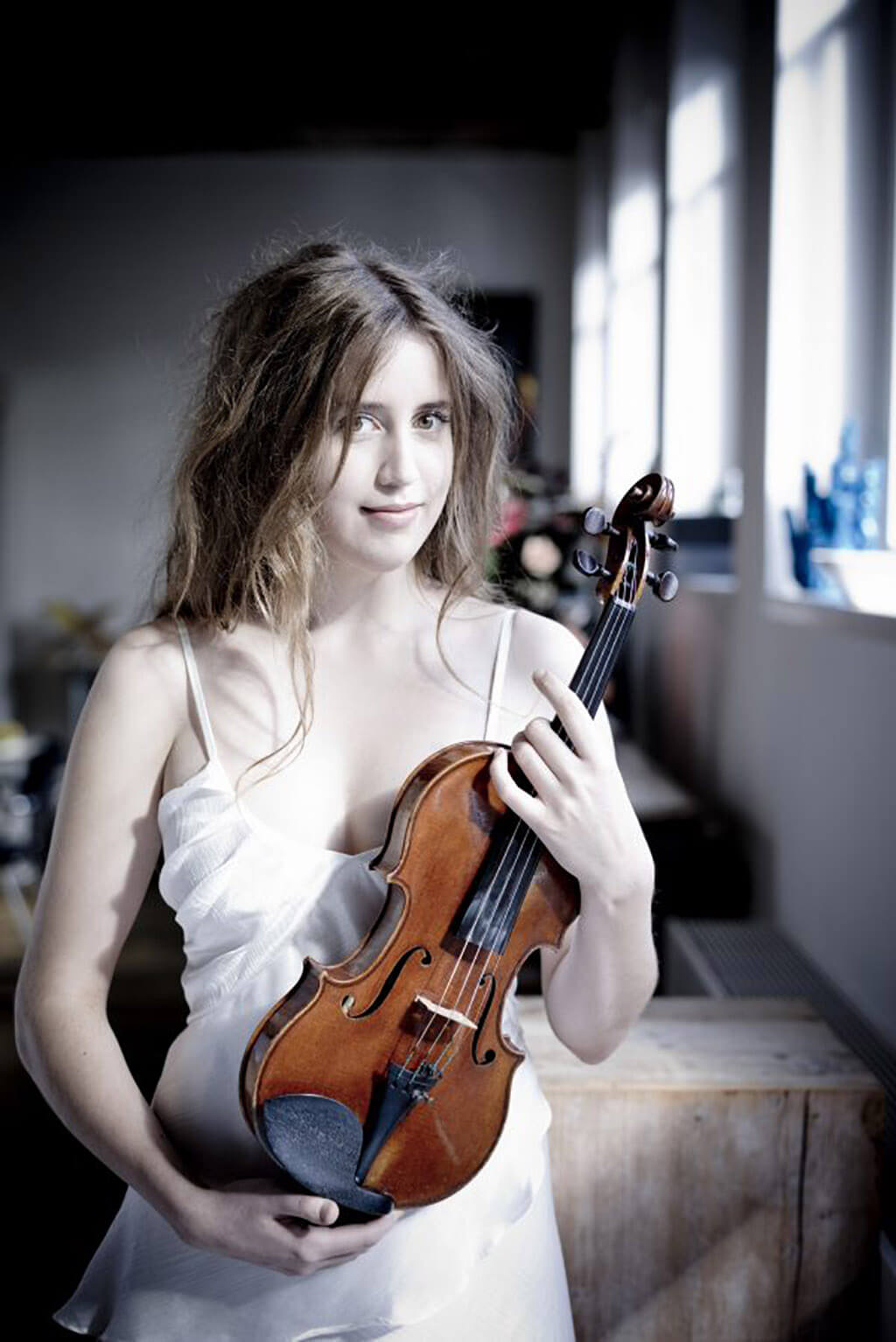
Bartok: Concerto, Enescu: Octet (Warner Classics)
★★★★ (out of five)
The one thing that keeps me from awarding this album the full five stars is that it is upside down. It opens with a perfectly decent performance of Bela Bartok’s first violin concerto by the Norwegian virtuoso Vilde Frang, with the Radio France philharmonic orchestra conducted by Mikko Franck. Frang, who is 32, has been performing since she was ten years old. Everything she does is perfectly lovely and agreeable. The first Bartók concerto, a youthful effusion of innocent love, is not going to change our lives.
The octet, on the other hand, might. Geroge Enescu was one of the great violinists of all time, a brilliant pedagogue who infused his pupils with human values as much as musical ones. The Octet for Strings, written about the same time as Schoenberg’s Verklärte Nacht, is a free-flowing conversation between strongly opinionated friends.
Frang plays lead violin in a section of four. Lawrence Power and Lily Francis are the violas, Nicolas Altstaedt and Jan-Erik Gustafsson the cellos. Enesco’s underlying Romanian melodies are cousins to Bartok’s ethnic tunes and the piece is predicated on tensions with one section often butting out another. It’s a thrilling little argument and Frang leads it like a parliamentary Speaker with impartial authority. Unknown to me before this recording, the Enesco Octet deserves to be ranked with Schubert and Mendelssohn as a leader in its form. I am really grateful to Vilde Frang for bringing it to our attention. You should try it at home.
Bartok: Concerto, Enescu: Octet (Warner Classics) is available at Amazon, iTunes, and Spotify.